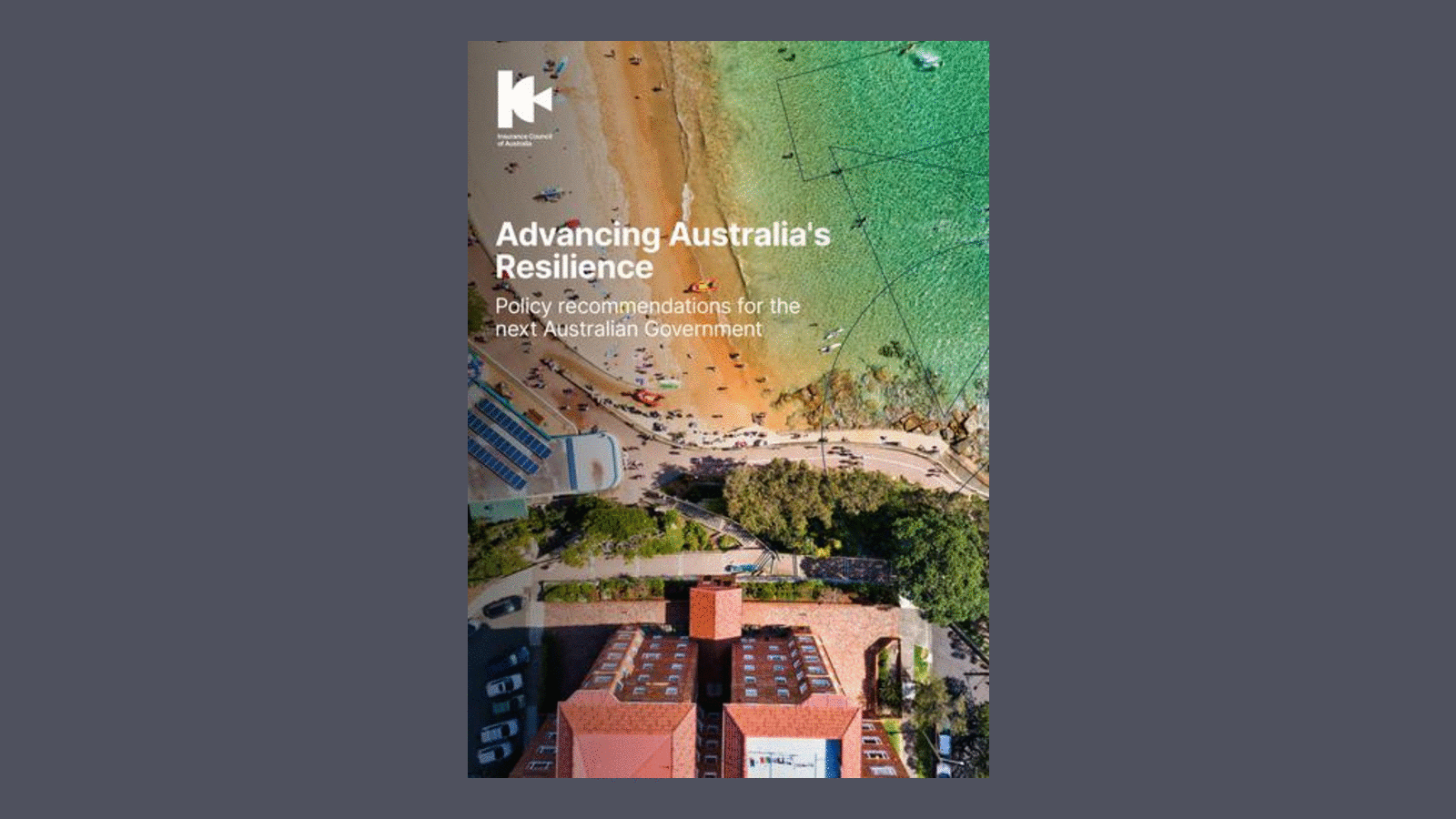Home Affordability
Insurance industry releases motor insurance roadmap

News release
Sunday, 23 March 2025
The Insurance Council of Australia (ICA) has today released a new report calling for urgent and coordinated action to help address the systemic cost drivers behind rising motor premiums.
The Motor Insurance Policy Paper – A Roadmap for Reducing Rising Premiums shows that while comprehensive motor insurance premiums are up 42 percent since 2019 (reaching an average of $1,052 per year in 2024), this is because input costs have soared.
Rising expenses across the sector include:
- Claims costs. The average claims cost has risen 42 per cent between 2019–2024, tracking the increase in premiums. Claims increases reflect higher expenses for vehicle replacement, parts, and labour, as well as the growing complexity and penetration of vehicle technology.
- Repair costs. Industry data shows repair costs have climbed 26 per cent since 2022, owing to rising wages, more expensive spare parts, and longer repair times. Repair bills now make up roughly 60 per cent of claim costs, having a major impact on premiums.
- Vehicle replacement. Replacing written-off vehicles is pricier than ever. New car prices are up as much as 39 per cent since 2019 and used car values are about 32 per cent higher, directly feeding into claim payouts for write-offs which comprise around a quarter of all claims costs.
- Rental car costs. The cost for insurers to provide rental cars has increased 70 per cent since 2019. Extended repair wait times mean insurers are paying for rental vehicles longer, and the growth of credit hire firms has further unnecessarily inflated rental charges.
- Rising fraud and legal expenses. Motor insurance fraud, such as staged accidents and misrepresentations of damage, raise operating expenses for insurers. In 2023, fraud cost the industry $560 million.
- Higher volume of credit hire claims. Credit hire companies provide replacement vehicles to not-at-fault drivers, then recover costs from the at-fault driver’s insurer – often at higher rates than typical rentals. Claims involving these providers have quadrupled since 2019 and are, on average, three times more expensive than standard claims, driving up costs and premiums for everyone.
Despite claims costs rising the same amount as insurance premiums since 2019, data from APRA indicates declining underwriting profit for motor insurance lines.
Insurers’ motor insurance costs as a proportion of premiums collected have increased from 89 per cent in June 2019 to 94 per cent in June 2024, showing a decline in profitability of this product as premiums have risen.
To tackle the root causes of rising claims costs and deliver relief to consumers, the insurance industry is advocating for coordinated action by state, territory, and Federal governments.
Key reforms being advocated for include:
- Addressing labour shortages. Nearly one in two vacancies in motor trades businesses rely on overseas workers due to chronic skills shortages, however hiring them is challenging due to red tape. Significant training investment is also needed with only 58 per cent of apprentices completing their qualifications.
- Strengthen motor industry supply chains. The Motor Vehicle Information Scheme (MVIS), which requires motor manufacturers to make service and repair information available to independent repairers to curb anti-competitive behaviour, should be extended to ensure independent repairers have fair access to vital parts to promote competitive pricing and support a more equitable repair market.
- Regulate accident towing and storage fees. Introduce and enforce caps on excessive towing and storage charges across all jurisdictions. Examples of this include Queensland’s proposed reforms to extend fee caps to storage and secondary tows, and the expansion of Western Australia’s new towing regulations statewide to stamp out price gouging.
- Crack down on insurance fraud. Strengthen industry and law enforcement collaboration to detect and prosecute fraudulent insurance claims. Through the ICA, the industry is investing in enhanced fraud detection and urging governments to bolster anti-fraud initiatives and penalties, targeting organised fraud rings that are increasingly active.
- Regulation of credit hire. Stricter oversight of credit hire companies, such as through a mandatory Code of Conduct, to establish enforceable standards around disclosure and claims practices. This would help curb inflated settlement costs and excessive litigation, ultimately relieving pressure on premiums for all policyholders.
- Reform New South Wales’ written off vehicle laws. To create consistency across Australia, New South Wales regulations should be amended to align with other states, allowing repairable total-loss vehicles to be safely re-registered after undergoing stringent safety checks
Without reform these upward pressures on claims costs will continue, putting affordable and sustainable motor insurance at risk for Australian policyholders.
Quote attributable to ICA CEO Andrew Hall:
A 42 per cent increase in premiums over five years reflects the costs that insurers are managing but is unsustainable for Australian motorists.
Insurers are doing their bit to reduce costs – such as streamlining operations, negotiating better repair arrangements, and investing in the repair workforce – but the reality is many cost drivers are outside the industry’s control. We need governments to step up with targeted reforms.
The Insurance Council’s roadmap lays out practical steps that, if implemented, will remove inefficiencies and unfair costs in the system.
We look forward to continuing our engagement with federal, state and territory leaders and encourage them to work with us on these solutions.
Australians deserve access to affordable and sustainable motor insurance, and that will only be possible if we address these cost pressures at their source.





